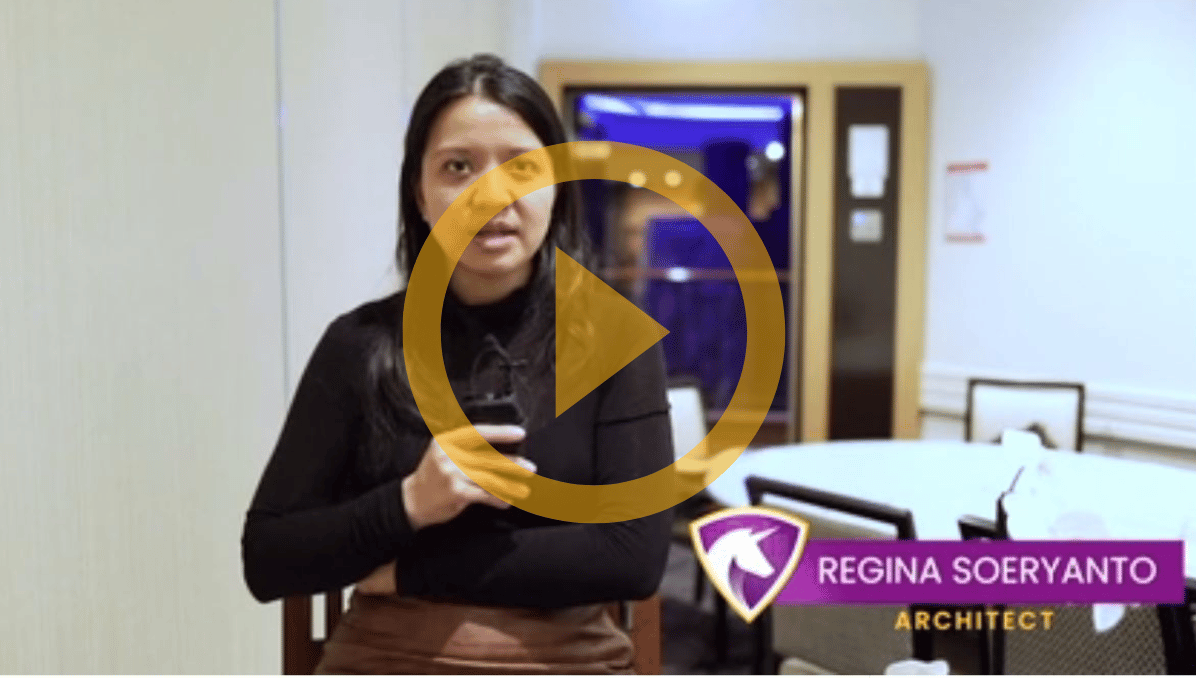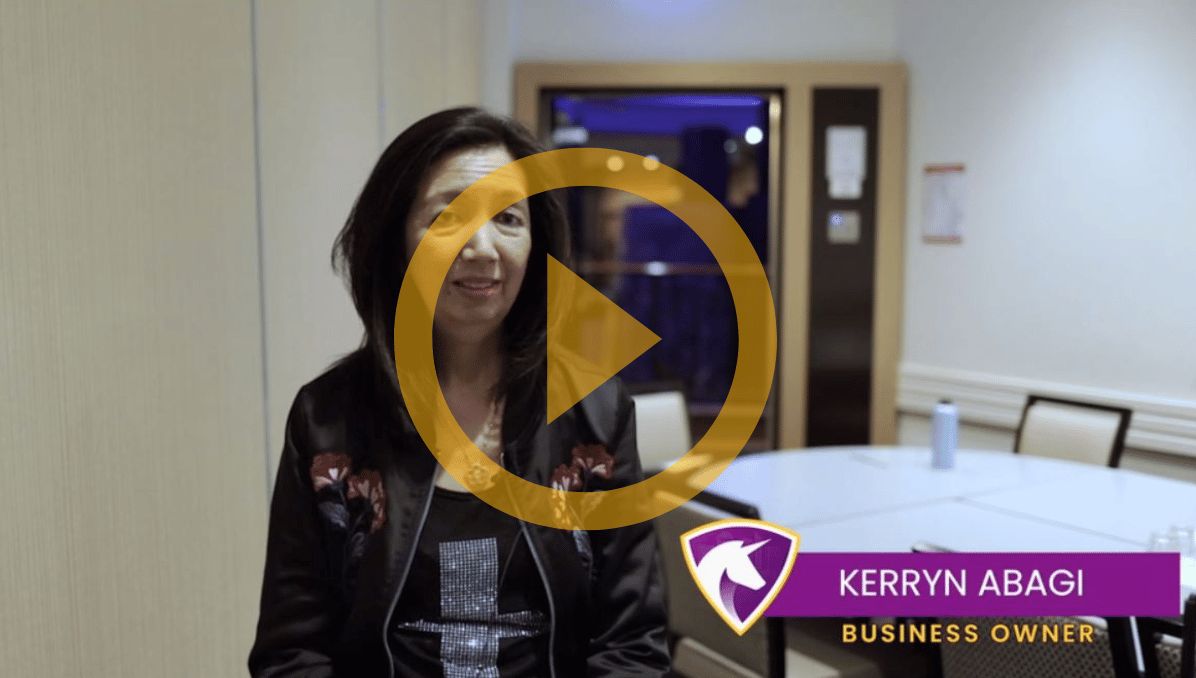No products in the cart.
A step-by-step guide to financing
your commercial property as a first-timer
Discover tips on how you can finance your purchase when buying commercial property and avoid common mistakes first-time investors make.
Why should you know commercial real estate financing options before buying commercial property?
As someone new to the commercial real estate scene, it may be challenging to navigate the various facets of commercial property investing. Not every investor has the luxury to buy a property outright, so figuring out which financing options to choose from will be crucial to your commercial property investment success.
Before closing a deal, you must understand the financial commitments required from you to continuously reap the benefits of owning a positive cashflow commercial property.
You must be able to cover the expenses required for a deposit on your commercial property and commit to the monthly repayments without putting a dent in your pockets.
With that in mind, it’s important to come up with useful strategies on how to maximise your income from your property so you will be financially set for a future free from financial troubles.

A step-by-step guide to financing your commercial property as a first-timer

1. Set investment goals
Before looking for a commercial property to invest in, it’s important that you acknowledge the reasons for investing in commercial properties and the financial outcomes that you expect to reap in the long run. Start by identifying the commercial property type you want to invest in and come up with a desired figure on your return on investment. This sets the precedence for the next steps to fund your property.

2. Ensure that you can fund your commercial property
Before you begin this investment journey, you need to ensure that your financial foundation is strong. Assess your financial commitments such as existing loans, and outstanding debts, and if you have enough money to make a deposit on a commercial property. A strong credit score will be favourable to qualify for a wider range of loans. Ask yourself “Can I finance my commercial property?” before making a decision.

3. Find a suitable commercial property
This step can be challenging for beginners. You should get in touch with a property buyer’s agent or broker who can guide you in researching and identifying a commercial property that aligns with your investment goals. These professionals will typically sit down with you to understand your investment goals and desired commercial property types before coming up with a few property listings for your choosing.

4. Secure the right financing option
Once you have agreed on a commercial property to invest in, you can discuss it with your broker or real estate agent on financing options. They will carry out due diligence when it comes to financing your property. These processes include getting a loan prequalification, choosing the right property loan type, gathering the required documentation, submitting loan applications, negotiating terms and closing the deal.
Why work with Unikorn
Although commercial properties offer many financial benefits, including higher rental yields, longer lease contracts, and net positive cashflow, many investors are still hesitant to get into commercial property investing.
Unikorn teaches commercial property investing for beginners and guides you through every step of the way, taking away the confusion and helping you multiply your wealth.
1000+
Unikorn deals and counting
5
Strict point selection criteria
30+
Experts working with you
5/5
Facebook Rating

Featured as Commercial Property Expert on…
Success stories

Regina Soeryanto
Architect

Jason Leap
Merchandise Planner

Soula Lerantges
Montessori Teacher

Kerryn Abagi
Business Owner

Mish Daniel
Business Owner
Thinking of buying commercial property? Our experts can help you in your investment journey!


FAQs
This depends on the agreement between the investor and the commercial property owner. Typically the down payment ranges from 15% to 35% of the property’s purchase price.
Some of the most common risks include economic fluctuations, tenant vacancies, and hidden costs regarding commercial property maintenance. These can be resolved by diversifying your commercial property portfolio, conducting due diligence when it comes to financing your property, as well as having a financial cushion.
